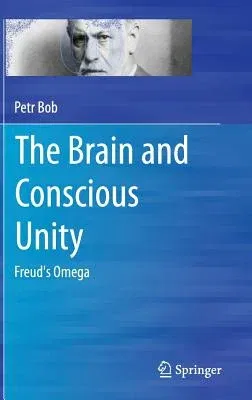In this provocative text, a noted neuroscientist reexamines Freud's
posthumously published Project of Scientific Psychology in the light
of modern neuroscience. This expanded "thermodynamics of the mind" model
includes robust conceptions of the cellular and neural processes that
accompany creation of consciousness and memory, their contributions to
such conditions as depression, dissociative disorders, and
schizophrenia, and implications for practice, from imaging to talk-based
therapies to pharmacotherapy. Central to this construct is Freud's
proposal of specific "omega" neurons as the most volatile carriers of
consciousness between mind and brain, which is applied to current issues
regarding complexity and executive functioning. In addition, the book is
extensively referenced, allowing readers to investigate these and
related phenomena in greater detail.
Among the topics covered:
Neural reductionism in Freud's "Project" and neuropsychoanalysis.
- Thermodynamics and brain self-organization.
- Conflicting information and the dissociated mind.
- The Cartesian model of the mind and the binding problem.
- Neuroendocrine and immune response to stress.
- The concept of omega neurons and modern chaos theory.
Rigorous, challenging, and occasionally startling, The Brain and
Conscious Unity is a milestone in the neuroscience and mind/brain
literature to be read and discussed by psychiatrists, psychologists, and
neuropsychologists.

